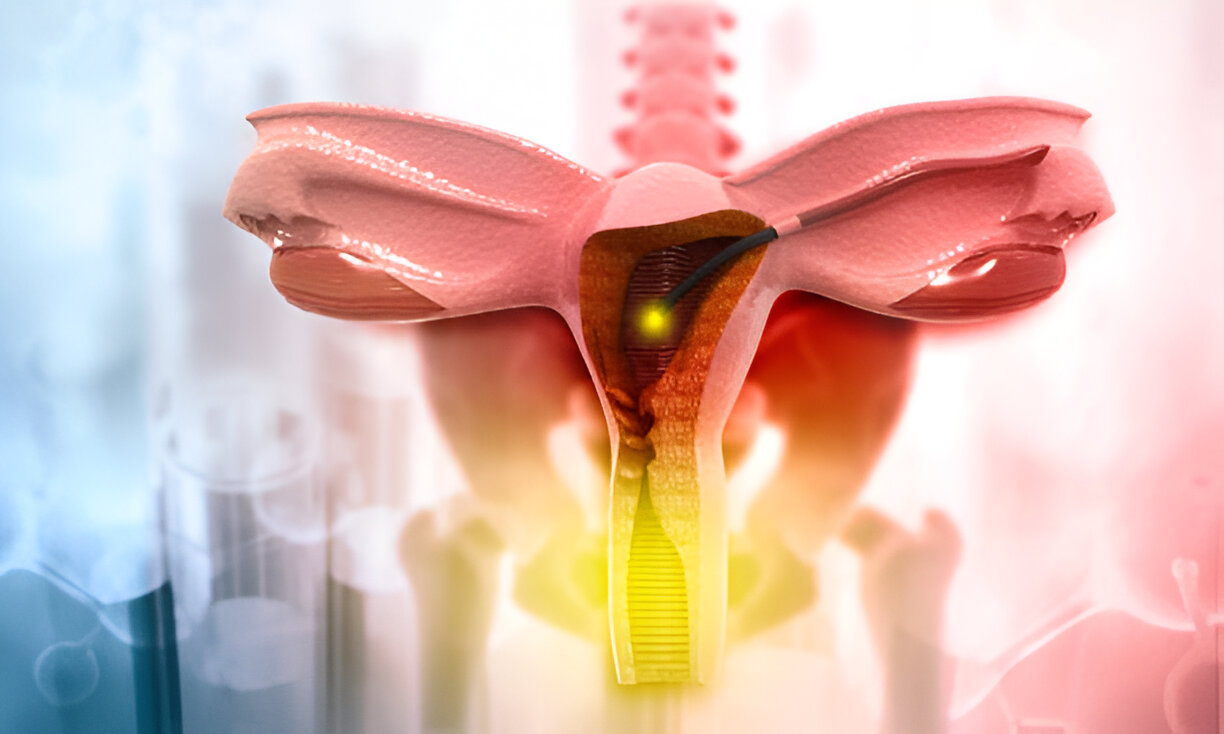
Hysterectomy
A hysterectomy is a surgical procedure to remove a woman's uterus. This operation may also involve the removal of other reproductive organs such as the ovaries, fallopian tubes, and cervix. Depending on the extent of the surgery, a hysterectomy can be classified into different types: total, partial (subtotal or supracervical), and radical.
Symptoms
- Severe, chronic pelvic pain
- Heavy or prolonged menstrual bleeding
- Large fibroids causing pain or bleeding
- Uterine prolapse
- Persistent or recurrent endometriosis
- Chronic pelvic inflammatory disease (PID)
- Cancer of the uterus, cervix, or ovaries
Causes
- Uterine fibroids causing pain, bleeding, or other issues
- Endometriosis not responding to other treatments
- Chronic pelvic pain
- Uterine prolapse
- Abnormal bleeding
- Cancer (uterine, cervical, or ovarian)
- Adenomyosis (thickening of the uterus)
What are the Treatment options : ?
- Hormonal treatments to manage fibroids, endometriosis, or heavy menstrual bleeding
- Pain relievers
- Antibiotics for infections
- Uterine artery embolization (for fibroids)
- Endometrial ablation (to destroy the lining of the uterus and reduce bleeding)
- Laparoscopic surgery to remove fibroids or treat endometriosis
- Total Hysterectomy: Removal of the uterus and cervix
- Partial (Supracervical) Hysterectomy: Removal of the upper part of the uterus, leaving the cervix in place
- Radical Hysterectomy: Removal of the uterus, cervix, part of the vagina, and surrounding tissues (typically for cancer treatment)
Health Care Tips?
- Post-Surgery Care:
- Follow your doctor's instructions for recovery, including rest, avoiding heavy lifting, and attending follow-up appointments.
- Managing Menopausal Symptoms
- If you undergo menopause due to the surgery, discuss hormone replacement therapy (HRT) or other treatments with your doctor.
- Consider counseling or support groups to help cope with the emotional aspects of a hysterectomy.
- Continue with regular pelvic exams and screenings as advised by your healthcare provider.
- Maintain a balanced diet, regular exercise, and avoid smoking to promote overall health and recovery.
How It Works?
Recovery time can vary but typically ranges from 6 to 8 weeks for an abdominal hysterectomy and 3 to 4 weeks for a laparoscopic or vaginal hysterectomy.
if your ovaries are removed during the hysterectomy (oophorectomy), you will go into menopause. If your ovaries are left intact, you may not.